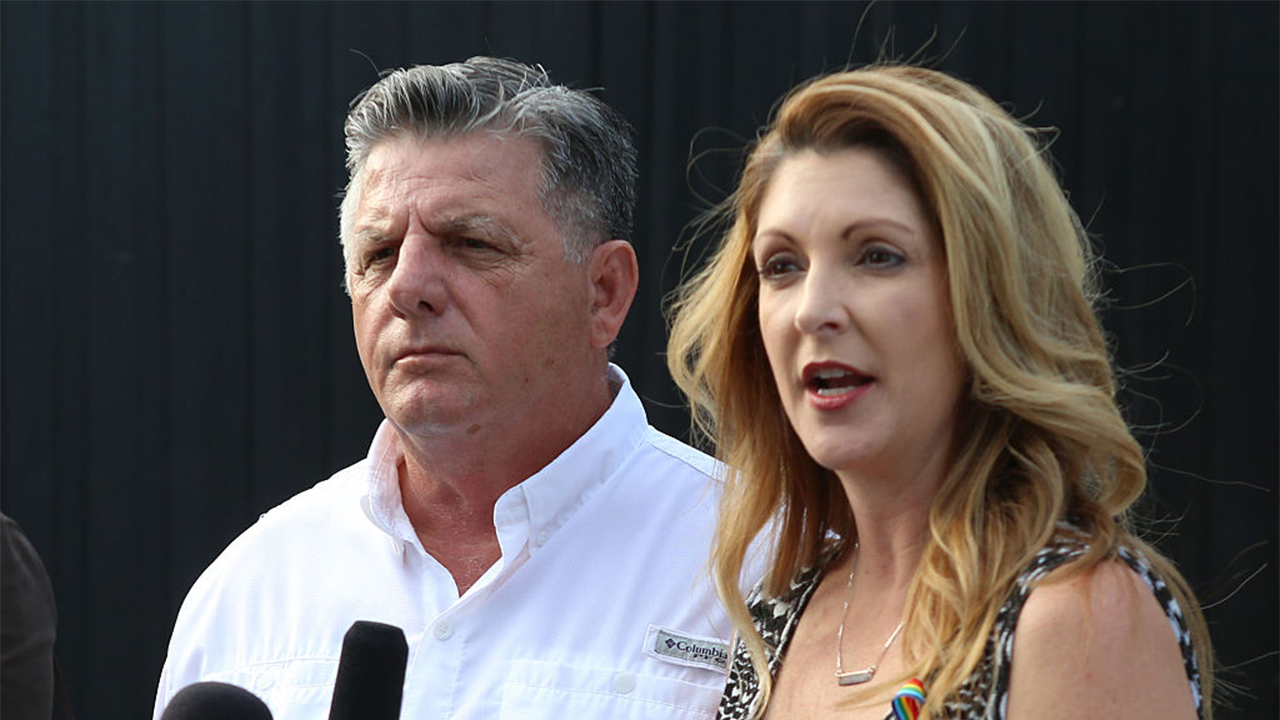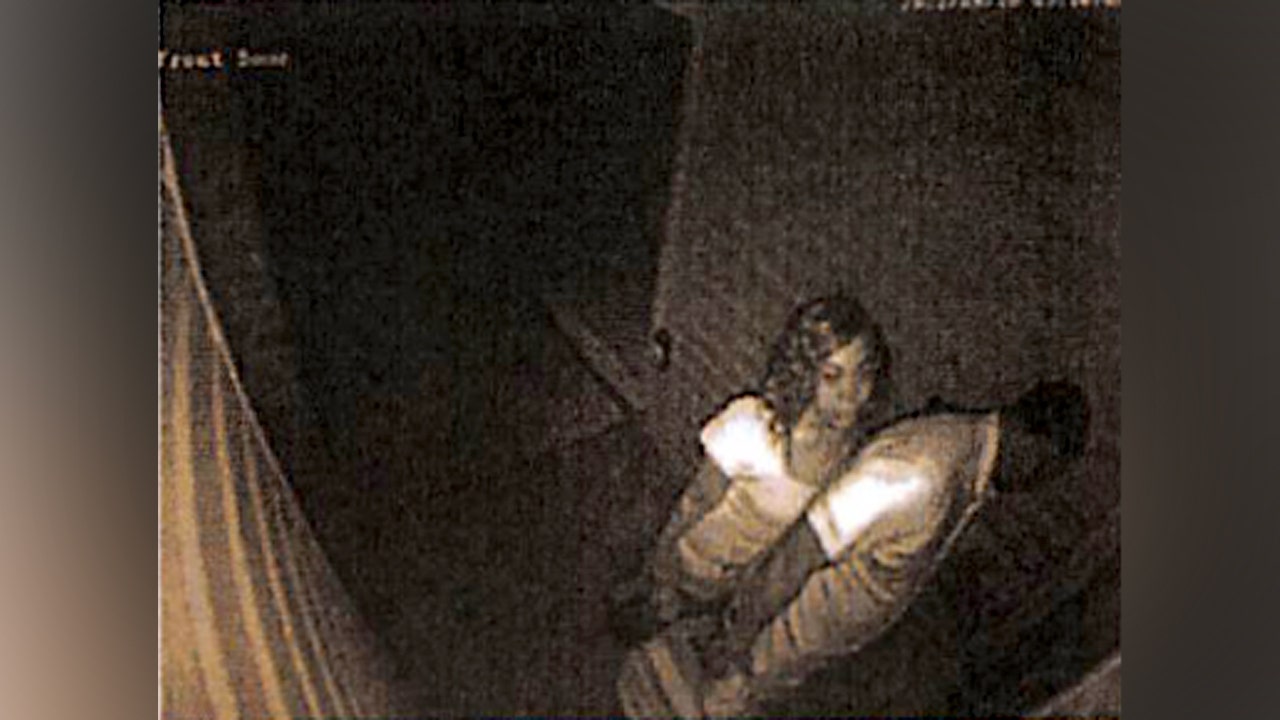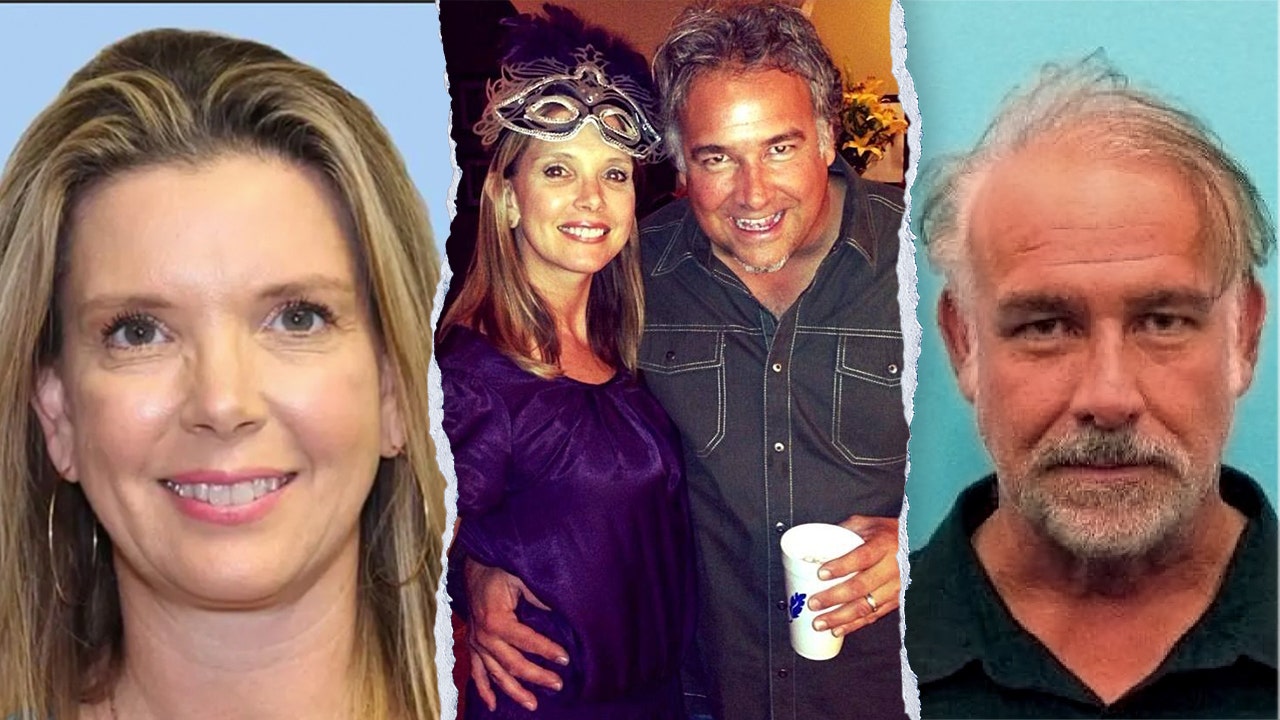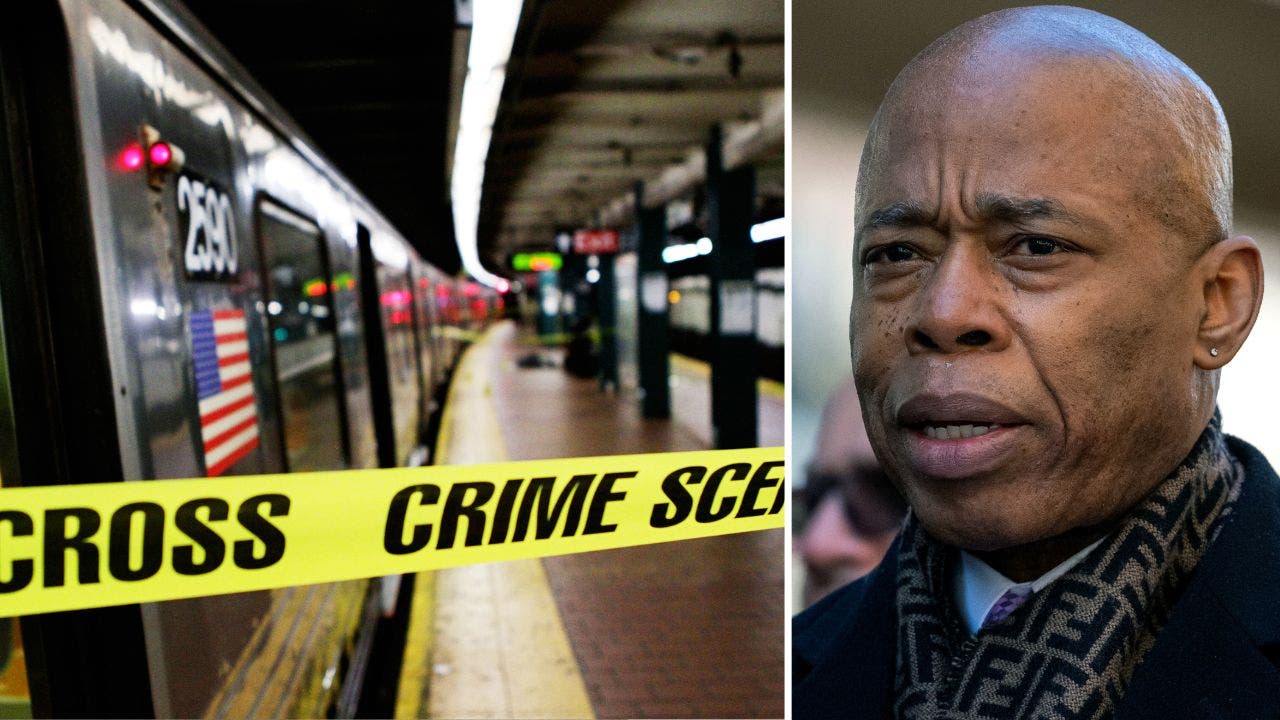After 12 seasons, spread across 25 years, the HBO comedy staple “Curb Your Enthusiasm” ends with an episode that sees Larry David put on trial. Witness after witness testifies to Larry’s lifetime of selfish and antisocial behavior. The jury finds him guilty, of course.
Then he gets out of jail on a technicality and goes home. Because that’s the only kind of ending that makes sense in “Curb”-world.
In fact, even former “Curb Your Enthusiasm” fans who hadn’t watched the show in years — but dropped back in for the finale — probably could have predicted how it was going to end. David (the creator, not the character) has never varied much from the formula he introduced on HBO back in 2000, when he first started telling darkly farcical, often cringe-inducing stories about the twists and turns of modern manners, featuring a fictionalized, exaggerated version of himself: a ridiculously rich crank, living off the fortune he made cocreating the sitcom “Seinfeld.”
The final episode pays off a story line that had run through the final season since the premiere, when Larry (the character, not the creator), gave an old acquaintance named Auntie Rae Black (Ellia English) a bottle of water while she was waiting in line to vote in Atlanta, in violation of a Georgia election law.
It also validated the popular theory that the “Curb Your Enthusiasm” finale would reflect or at least reference the polarizing final episode of “Seinfeld,” which David wrote. With its trial setting, callbacks to earlier episodes and cameos from memorable past guest stars, the “Curb Your Enthusiasm” finale mirrored the basic premise of the “Seinfeld” one, with a few key tweaks, and Jerry Seinfeld played a key role.
In the “Seinfeld” finale, the main characters were put on trial for violating a Good Samaritan law by failing to help a person in need. In the “Curb” finale, Larry is on trial for being a Good Samaritan; the voting line incident had made him a folk hero to voting rights advocates. But in the world of the show, the words “hero” and “Larry David” couldn’t remain closely linked for long — it causes too much cognitive dissonance.
This is a man who can rarely get through a single day without insulting or infuriating someone. All season long, even as he has accepted accolades for helping Auntie Rae, Larry has continued to make new enemies, getting under the skin of country club waitresses, masseuses, lawyers, rabbis and even Bruce Springsteen.
Before the trial begins in the finale, Larry irritates a flight attendant by failing to turn off his phone. He also has a road rage incident with a woman (Allison Janney) who turns out to be the old girlfriend of his pal Richard Lewis; and he annoys his ex-wife, Cheryl (Cheryl Hines), by announcing to everyone that she doesn’t like Mexican food. Larry even manages to betray sweet Auntie Rae, when he and his manager, Jeff (Jeff Garlin), trick her into revealing her restaurant’s top-secret salad dressing recipe.
All of this sets the scene for the courtroom drama, in which the judge (Dean Norris) allows the prosecuting attorney (Greg Kinnear) to establish Larry’s character and motivations by bringing out a parade of the aggrieved from past “Curb” episodes. The coffee shop proprietor Mocha Joe (Saverio Guerra), whom Larry tried to put out of business by opening a “spite store,” gets his say. So does Alexander Vindman, the former Army colonel best known as a key witness in former President Donald J. Trump’s first impeachment trial. (He once overheard Larry possibly attempting to bribe a city councilwoman.) Even Springsteen appears, via video, to castigate Larry for giving him Covid. Larry’s lawyer (Sanaa Lathan) watches helplessly as her defense crumbles.
In interviews, David has tried to deny any assertion that this final run of “Curb” would be a traditional last hurrah or even that this is the kind of sitcom suited to an old-fashioned grand finale, with long-running story lines tied off and beloved characters saying goodbye. The finale’s title, “No Lessons Learned,” is both a reminder to “Seinfeld” fans of that show’s guiding maxim — “no hugging, no learning” — and a warning to “Curb” fans not to expect much.
Yet there has been a reflective quality to the final season. Several episodes seemed to refer directly to old “Seinfeld” bits: a smelly car, a coveted fountain pen, a baby who may or may not end up being named after Mickey Mantle, and the like. The finale, by repeating the broad strokes of the “Seinfeld” one, amounted to perhaps David’s final defense of an episode that some fans have complained about since it aired in 1998.
In the “Seinfeld” finale, Jerry, Elaine (Julia Louis-Dreyfus), George (Jason Alexander) and Kramer (Michael Richards) were convicted in their trial and ended the series in a jail cell, where they repeated a conversation from the “Seinfeld” pilot. In the “Curb” finale, Larry is convicted and goes to jail, where he talks about his pants tenting up in the crotch area — a subject of the first “Curb Your Enthusiasm” episode.
Larry is freed, appropriately enough, by Seinfeld, who had come to the trial to support David. After Seinfeld spots a juror violating the judge’s instructions, the case dismissed. As they are leaving the jail together, Jerry gently chastises Larry for once again trying to stick his audience with some kind of moral at the end of a series about unapologetic jerks. Then in the episode’s most explicitly meta touch, they note that this outcome, with the main character walking out of jail in the end, is how they should have ended the “Seinfeld” finale.
On the grand scale of “Curb Your Enthusiasm” episodes, “No Lessons Learned” is no all-timer. The comedy skews shrill; and while that isn’t unusual for this show, it also feels a little forced, as the courtroom calamities keep piling up.
This finale’s pleasures are smaller — like the way Larry can’t help but sing old 1950s or ’60s TV cop show themes as he grinds through the criminal justice system. When Seinfeld arrives about halfway through the episode, the chemistry between Jerry and Larry is, as the “Seinfeld” hack comic Kenny Bania might put it, pure gold. They immediately start riffing about weird hypotheticals (like whether or not they’d have sex with a circus’s bearded lady if she shaved twice a day) and critiquing courtroom procedure. Even more than the nods to the “Seinfeld” finale, these scenes are a reminder of David’s unique comic genius, which has sustained two of TV’s greatest sitcoms.
Even if the “Curb Your Enthusiasm” finale lacks a sense of surprise, it does feel right for the show. One of David’s go-to moves throughout “Curb Your Enthusiasm” has been the “OK, I get it” shrug, deployed whenever Larry realizes he may have gone too far and that whatever punishment coming to him is probably fair. Larry never gets to that point in this episode, although early on he does gleefully tell a small child that at age 76, he has “never learned a lesson.” This, in a way, is the Larry shrug distilled into a single line.
Larry is who he is; and this show was what it was. Who would ever expect anything more than that?






